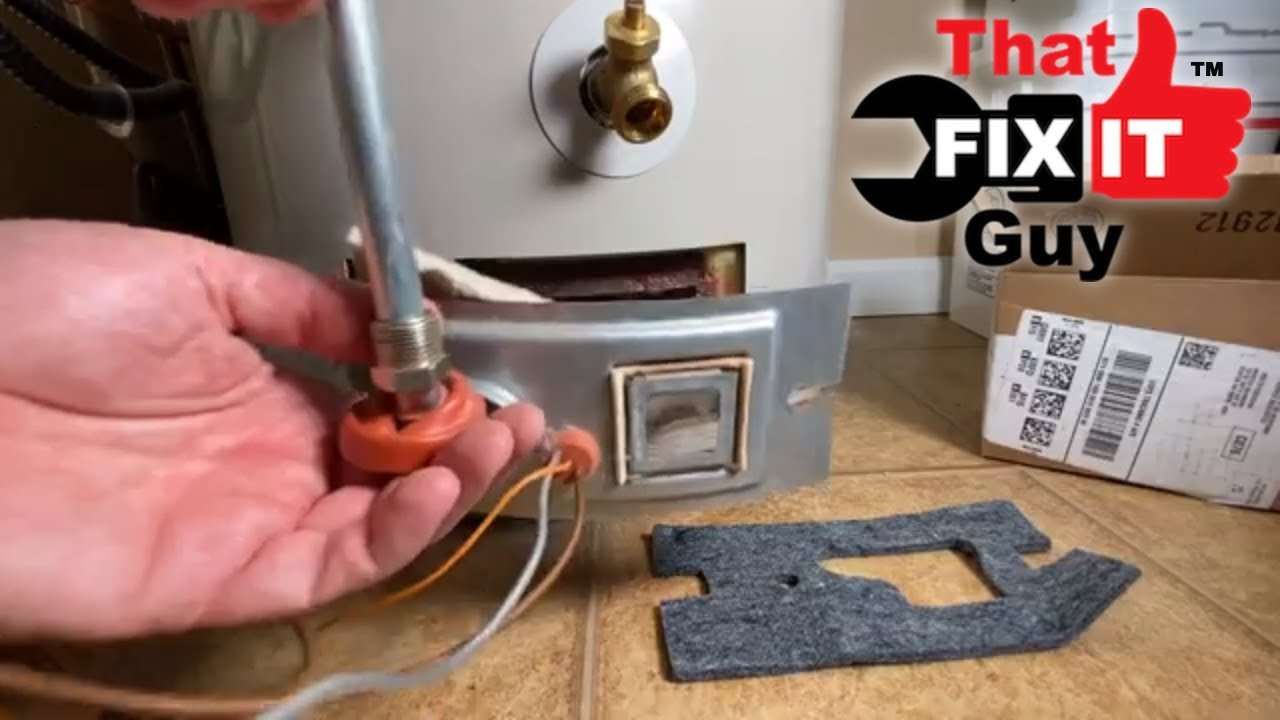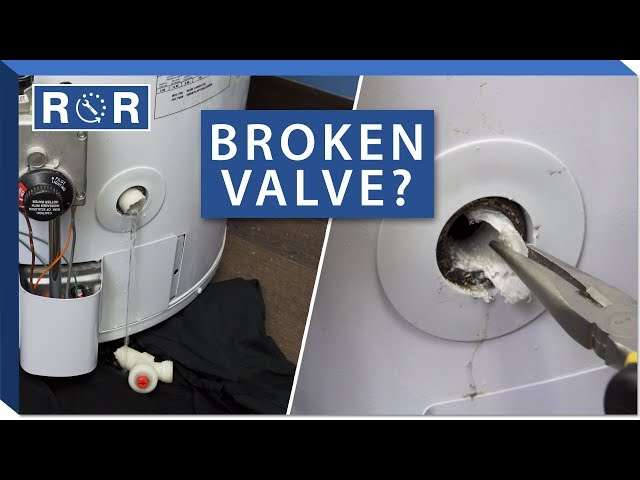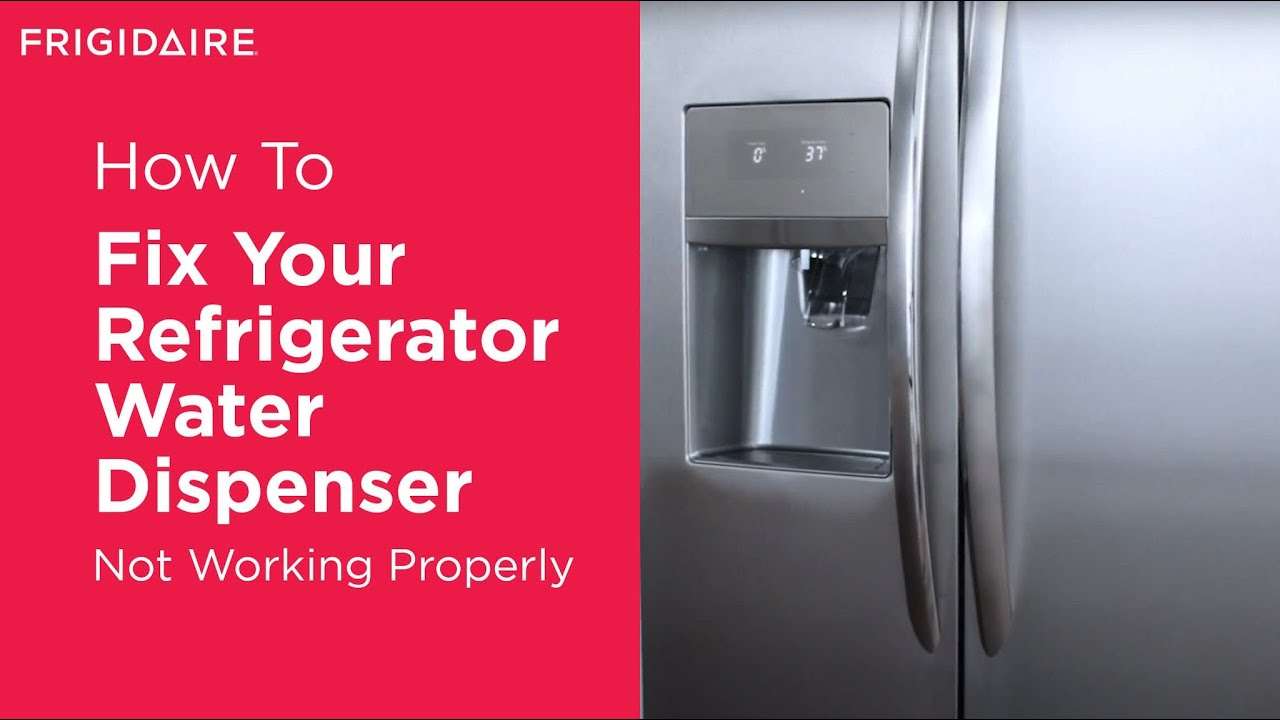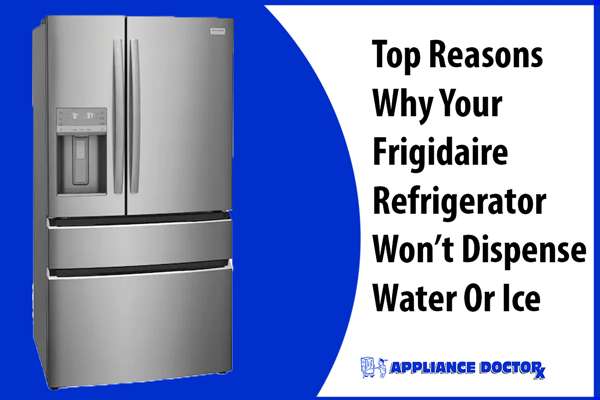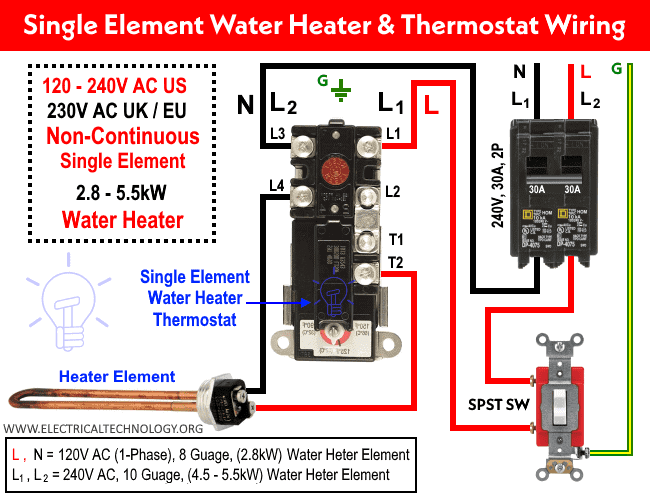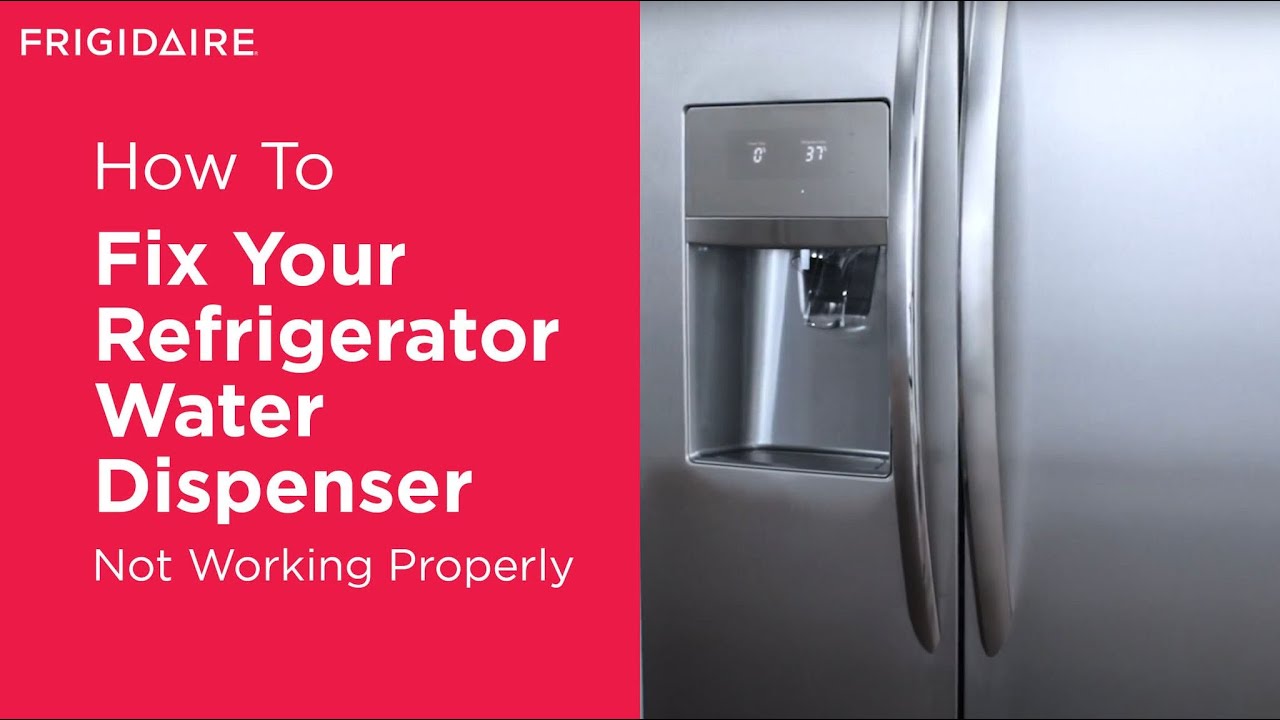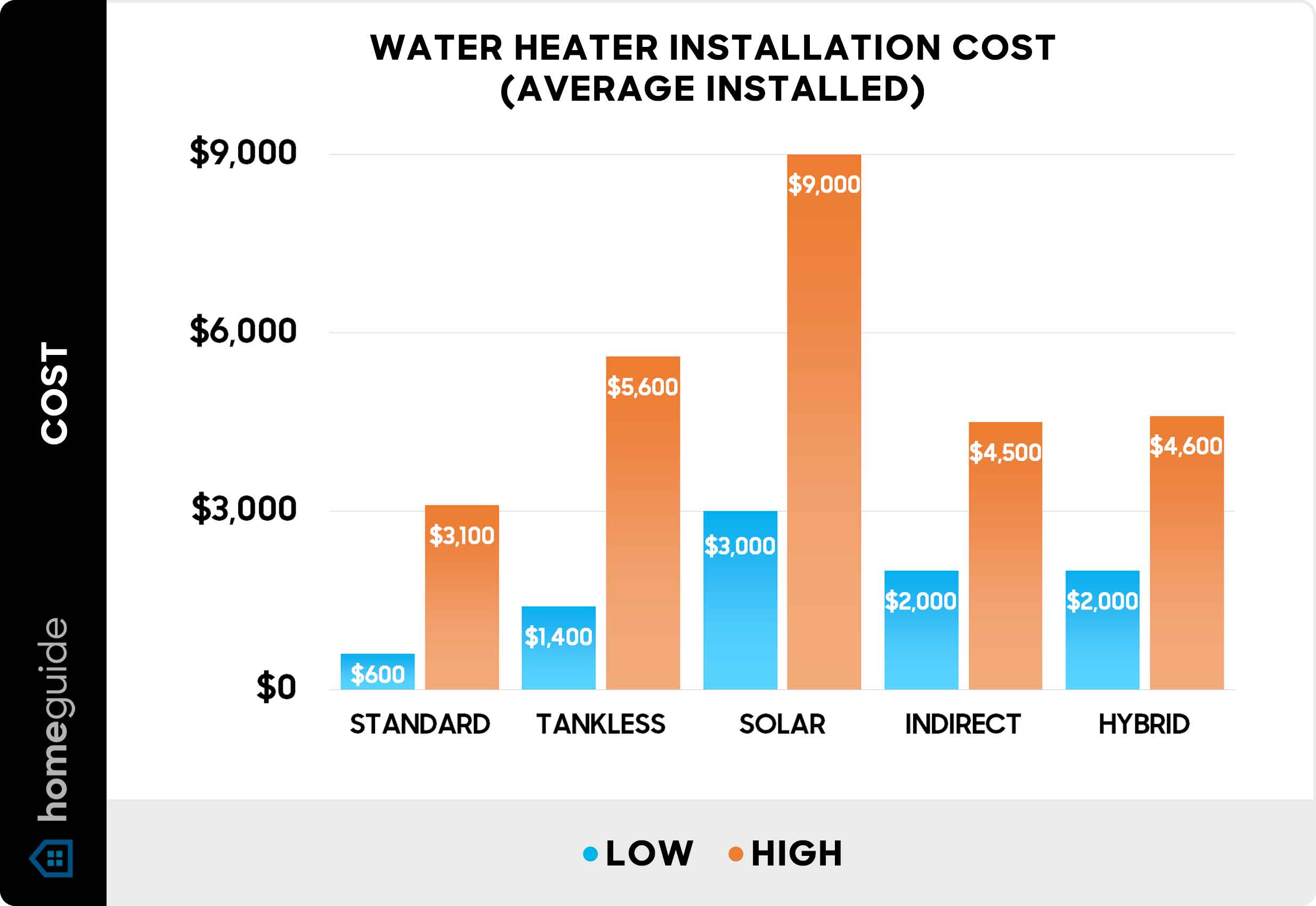A flickering or extinguished pilot light on your water heater is more than just an annoyance; it signifies a potential problem that needs immediate attention. The pilot light‚ that small but crucial flame‚ continuously burns to ignite the main burner when hot water is needed. Understanding the myriad reasons that cause a pilot light to fail is crucial for troubleshooting and ensuring the safe and efficient operation of your water heater. We’ll delve into some common culprits that lead to this frustrating issue‚ focusing on causes relating to gas flow‚ combustion‚ and mechanical issues.
Common Causes of Pilot Light Extinguishment
Several factors can contribute to a pilot light repeatedly going out. Let’s explore some of the most frequent issues:
- Dirty Pilot Orifice: Dust‚ debris‚ and corrosion can accumulate in the pilot orifice‚ restricting gas flow and causing a weak or unstable flame.
- Faulty Thermocouple: The thermocouple is a safety device that senses the presence of the pilot flame. If it’s not working correctly‚ it won’t send the signal to keep the gas valve open‚ causing the pilot to shut off.
- Gas Supply Issues: A disruption in the gas supply‚ whether from a utility outage or a problem with the gas line‚ will obviously extinguish the pilot light. Low gas pressure can also be a culprit.
- Drafts: Strong drafts‚ especially in utility rooms or basements‚ can blow out the pilot light.
- Ventilation Problems: Inadequate ventilation can lead to incomplete combustion‚ which can also extinguish the pilot.
Troubleshooting and Potential Solutions
Before attempting any repairs‚ always turn off the gas supply to the water heater. Here are some steps you can take to diagnose and potentially resolve the problem:
Cleaning the Pilot Orifice
Carefully clean the pilot orifice with a thin wire or a specialized pilot cleaning tool. Be gentle to avoid damaging the orifice. This might resolve an issue relating to gas flow.
Testing the Thermocouple
A multimeter can be used to test the thermocouple’s output. If it’s not producing the specified millivoltage‚ it needs to be replaced. However‚ if you are not comfortable using a multimeter‚ contact a professional.
Checking for Gas Leaks
Apply a soapy water solution to gas line connections. Bubbles indicate a leak‚ which needs immediate professional attention. Never use an open flame to check for gas leaks.
Improving Ventilation
Ensure adequate ventilation in the area around the water heater. Clear any obstructions that might be blocking airflow.
When to Call a Professional
While some troubleshooting steps can be performed by homeowners‚ certain situations require the expertise of a qualified technician. If you suspect a gas leak‚ are uncomfortable working with gas appliances‚ or have tried the above steps without success‚ it’s time to call a professional. Ignoring a persistent pilot light issue can lead to more significant problems‚ including carbon monoxide poisoning. Many people call a professional when they notice their **pilot light** repeatedly goes out. They also consider the age of their water heater and whether a replacement would be more cost effective than continued repairs. Remember that safety is paramount‚ and professional assistance ensures that the **pilot light** is functioning correctly and that your water heater is operating safely and efficiently.
PREVENTATIVE MEASURES FOR A HEALTHY PILOT LIGHT
Consistent maintenance can significantly reduce the likelihood of pilot light issues. Consider these preventative measures to keep your water heater running smoothly:
– Annual Inspection: Schedule an annual inspection by a qualified technician. They can identify potential problems before they escalate.
– Regular Cleaning: Periodically clean the area around the water heater to prevent dust and debris buildup.
– Water Heater Flushing: Flush the water heater annually to remove sediment that can affect its overall performance and potentially interfere with the pilot light.
– Monitor for Unusual Noises: Pay attention to any unusual noises coming from the water heater‚ as these could indicate underlying problems.
PILOT LIGHT SAFETY CONSIDERATIONS
A pilot light that repeatedly goes out can be indicative of a more serious problem than simply a nuisance. It’s vital to prioritize safety when dealing with gas appliances. Carbon monoxide‚ an odorless and colorless gas produced by incomplete combustion‚ is a potentially deadly hazard. Install carbon monoxide detectors throughout your home‚ particularly near sleeping areas‚ and test them regularly. If you suspect a carbon monoxide leak‚ evacuate the premises immediately and call emergency services.
FACTORS AFFECTING WATER HEATER LIFESPAN
The lifespan of a water heater‚ and consequently the components associated with it such as the pilot light assembly‚ can be influenced by various factors. Water quality plays a significant role; hard water with high mineral content can accelerate corrosion and sediment buildup‚ shortening the unit’s lifespan. Usage patterns also matter. Frequent and heavy use puts more strain on the system. Finally‚ proper installation and maintenance are crucial for maximizing longevity. A **pilot light** will function optimally in a well-maintained water heater.
ALTERNATIVE WATER HEATING TECHNOLOGIES
While traditional water heaters with pilot lights remain common‚ consider exploring alternative technologies for your next water heater replacement. Tankless water heaters offer on-demand hot water and eliminate the need for a standing pilot light‚ potentially saving energy. Heat pump water heaters are another energy-efficient option that utilizes electricity to transfer heat from the surrounding air to the water. These alternatives can offer improved energy efficiency and reduced maintenance requirements compared to traditional models. Consider researching these options when your **pilot light** issues become persistent and costly‚ prompting you to consider a new water heater.
